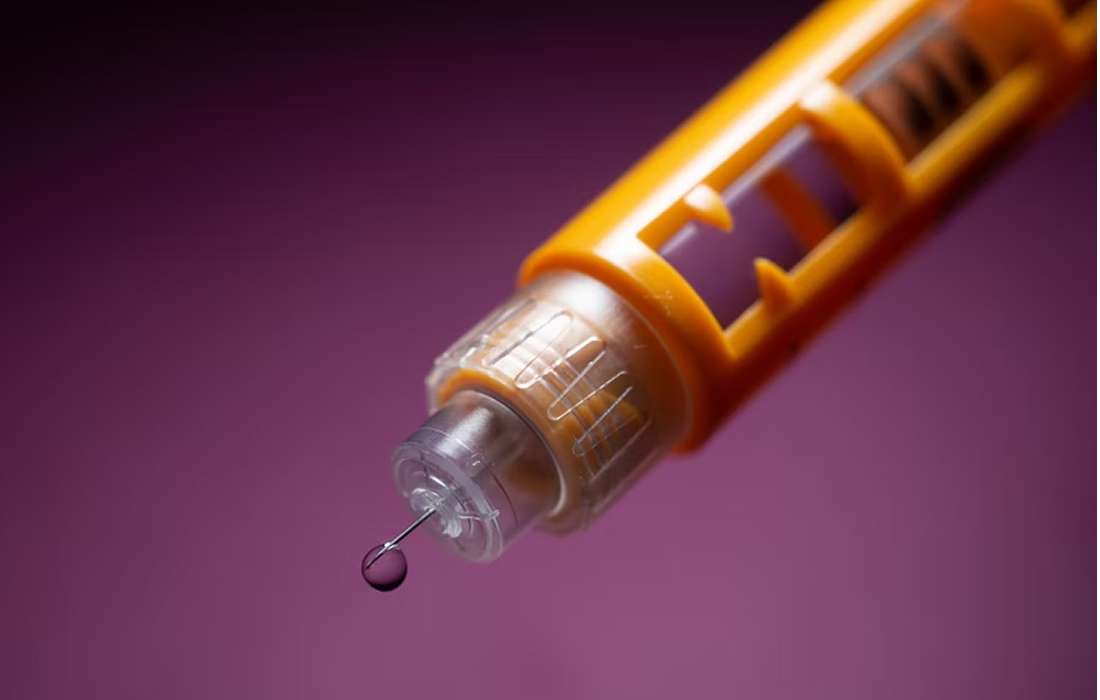Regenerative Medicine News and General Information
Peripheral Neuropathy Increased the Risk of Hypoglycemia
Neuropathy is the most common complication in Diabetes Mellitus patients, mainly if they have several years with the disease. The main type of this complication is the diabetic peripheral neuropathy (DPN).
One of the new treatments of diabetes insulin-dependent (type 1), is the insulin pump, it is a continuous subcutaneous insulin infusion, and it has been associated with hypoglycemia episodes, and recently is associated with a high risk if the DPN is present, because they develop something called Impare awareness hypoglycemia (IAH).
Adults with type 1 diabetes and IAH have a reduced ability to perceive hypoglycemic symptoms and are at risk of severe hypoglycemic events because they are unable to take immediate corrective action.
Naoki Sakane, in her study, compared the risk of hypoglycemia between the T1D population with DPN and IAH, and those with just DPN.
The study involved a cross-sectional analysis of 288 Japanese adults with type 1 diabetes who averaged 50 years old, had diabetes for an average of about 18 years, had an average A1c at baseline of 7.7%, and included about 37% men and 63% women.
DPN was significantly more prevalent in the IAH group than in the control group (12.0% vs 26.5%). A logistic regression analysis showed that the odds ratio for DPN was 2.63-fold higher among people with IAH compared with those without IAH, but there were no differences in other complications or by A1c levels.
What are the symptoms of hypoglycemia?
Symptoms of low blood sugar can occur suddenly. They include:
- pale skin
- unexplained fatigue
- hunger
- shaking
- sweating
- dizziness
- rapid heartbeat
- mood changes
- irritability/anxiety
- headache
- difficulty sleeping
- skin tingling
- blurry vision
- trouble thinking clearly or concentrating
This study is a preprint report, but shows us how important it is to know that a diabetic person with neuropathic complication can develop an awareness impairment of the glucose levels, and increase the risk of hypoglycemic episodes because they have minor symptoms no matter how low the glucose level is.
With the stem cells therapy we help the patient to improve the fasting glucose levels, HbA1C, and decrease the doses of insulin or any other hypoglycemiant medicine, and that will help to prevent a hypoglycemic episode.
Source:
Naoki Sakane (July 12, 2022).Protective and risk factors of impaired awareness of hypoglycemia in patients with type 1 diabetes: a cross- sectional analysis of baseline data from the PR-IAH study. Research Square. Retrieved from: https://www.researchsquare.com/article/rs-1823400/v1
Image:
Photo by Dennis Klicker on Unsplash.

